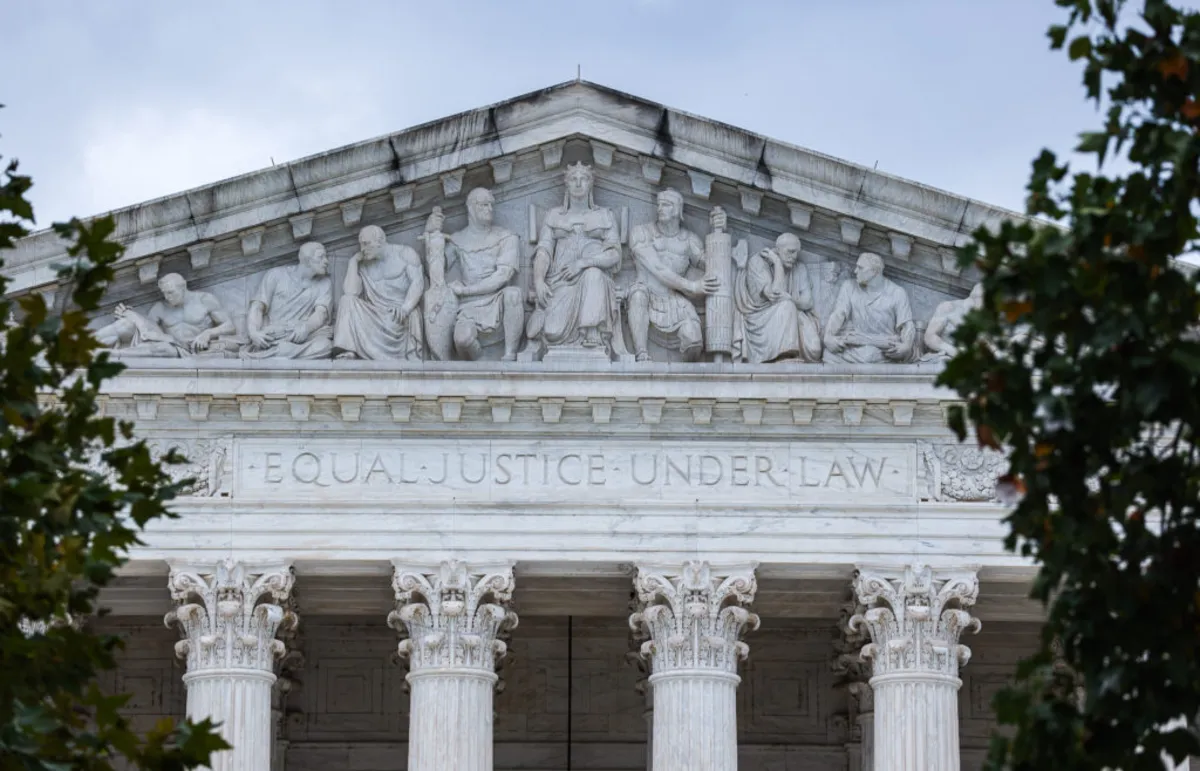
In a surprising late-night decision, the Supreme Court intervened to block the Trump administration from deporting Venezuelans detained in northern Texas. Justice Samuel Alito expressed strong dissent, criticizing the court's majority for acting “literally in the middle of the night” without providing adequate explanation for their ruling. Alito was joined by fellow conservative Justice Clarence Thomas, who echoed concerns regarding the lack of factual support for the emergency appeal brought by the American Civil Liberties Union (ACLU).
The ACLU contended that immigration authorities were preparing to resume deportations under the Alien Enemies Act of 1798. This law allows for the removal of individuals deemed enemies during wartime, and its application has raised significant legal and ethical questions. The Supreme Court’s majority order did not include a detailed explanation of their decision, which is unusual for such cases. Previously, the court stated that deportations could only proceed after individuals had an opportunity to present their cases in court and were afforded “a reasonable time” to contest their removals.
In his dissent, Justice Alito emphasized the responsibilities of both the Executive and the Judiciary to adhere to the law. He noted that the court's intervention was unprecedented and described the relief granted as “hastily and prematurely” issued. Alito raised concerns over whether the Supreme Court had jurisdiction at this phase, arguing that not all legal options had been exhausted in the lower courts. He pointed out that the court had not heard from the government regarding the applicants' claims or any related legal issues.
Alito criticized the legal filings presented to the court, stating they provided little concrete evidence to support the claim that the applicants were in imminent danger of removal. He highlighted that, although the court did not hear from the government about any deportations under the Alien Enemies Act, a government attorney had confirmed in a separate case that no deportations were planned for that Friday or Saturday.
The Supreme Court's brief order directed the Trump administration to refrain from removing Venezuelans from the Bluebonnet Detention Center “until further order of this court.” Following this intervention, the administration filed documents requesting the high court to reconsider its decision. On the preceding Friday, two federal judges denied requests to intervene, as legal representatives for the detainees sought urgent measures to prevent deportations. Additionally, the 5th U.S. Circuit Court of Appeals also declined to issue protective orders for the detainees.
The ACLU had previously initiated legal action to prevent the deportation of two Venezuelans from the Bluebonnet facility, extending their request to protect all immigrants in the area from being removed under the Alien Enemies Act. In their emergency filing, the ACLU warned that immigration officials were alleging that some Venezuelan detainees were affiliated with the Tren de Aragua gang, which could subject them to expedited removals under Trump’s administration. Historically, the Alien Enemies Act has been invoked only three times in U.S. history, most notably during World War II for the internment of Japanese-American civilians.
The Trump administration’s stance is that the Alien Enemies Act empowers them to swiftly deport individuals identified as gang members, irrespective of their immigration status. Following the Supreme Court's ruling on April 9, federal judges in Colorado, New York, and southern Texas issued orders halting removals under this law until the government establishes a process for detainees to present their claims in court. However, no such order had been issued in the Texas area encompassing Bluebonnet, located approximately 24 miles north of Abilene, leading to urgent calls for justice for the Venezuelan migrants facing deportation.